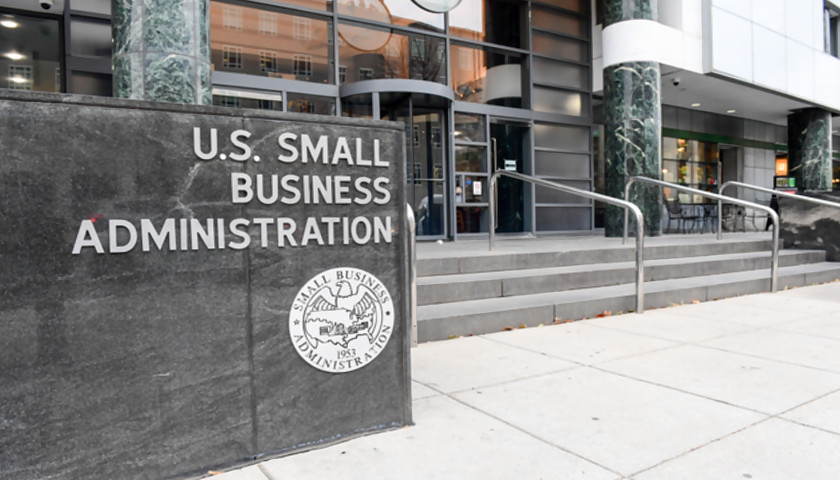The crumbling Chinese real estate sector is starting to put properties around the world on the market at deep discounts, threatening debt-laden American commercial developers and the U.S. banks holding the loans, according to Bloomberg.
In a bid to pay off massive debts, Chinese real estate developers are having to offload a huge number of properties onto the global market, depressing prices even further for a sector that already has had borrowing cost hikes, causing a loss of $1 trillion in office property values, according to Bloomberg. The drop in property values hits American commercial real estate particularly hard due to the huge amount of debt the sector holds and the dwindling U.S. demand, with banks that hold the debt also fearing they may lose out on their investment.
Read More





